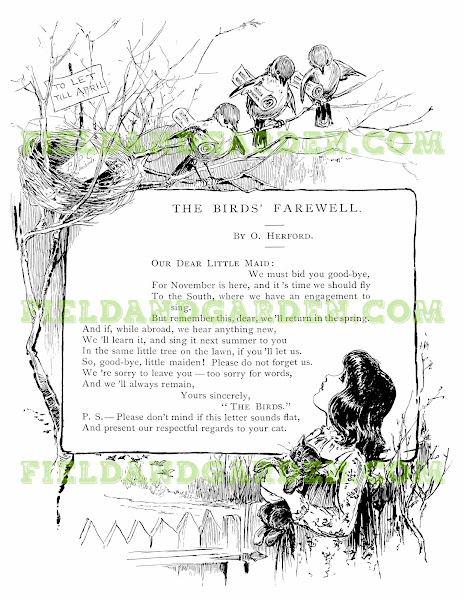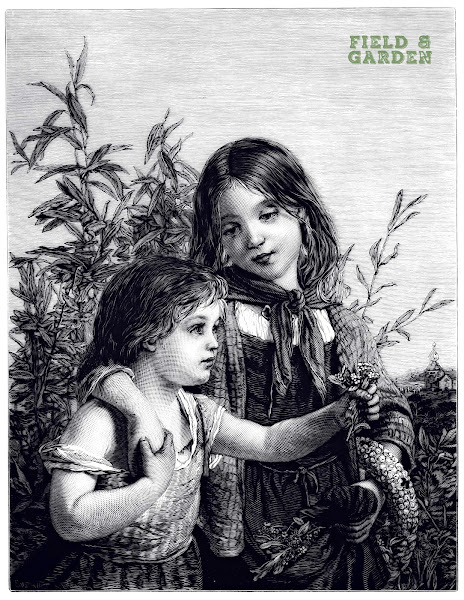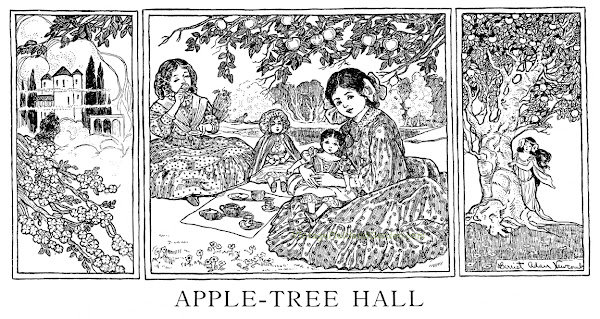by Mary A. Lathbury
(Originally published c1880)
Sweet Lady Pea, fly hither to me!
Light and white are your wings, I see.
Golden Rod, touch me, I pray you, over
The thousand heads of the low, sweet clover.
Snap-dragon, quick! There’s a “bee in your bonnet!”
Pinch him and send him off thinking upon it.
Lily-bell, whisper and tell me true,
What was the himmingbird saying to you?
Poppy, flaunting your silken dress,
You’ll yet wear a seedy cap, I guess.
Buttercup, bring your gold saucers to me;
Here are two butterflies coming to tea.
Daisy, Daisy, look over this way!
Why do you stare at the sun all day?
Pansy, what are you laughing about?
“Born to the purple” were you, no doubt.
But Violet, sweet! O Violet, sweet!
Fairer are you at the Pansy’s feet.

From my personal collection of ephemera. These images are to be incorporated into your creative works. Not for resale “as-is.” Credit to FieldandGarden.com appreciated but not required.

















